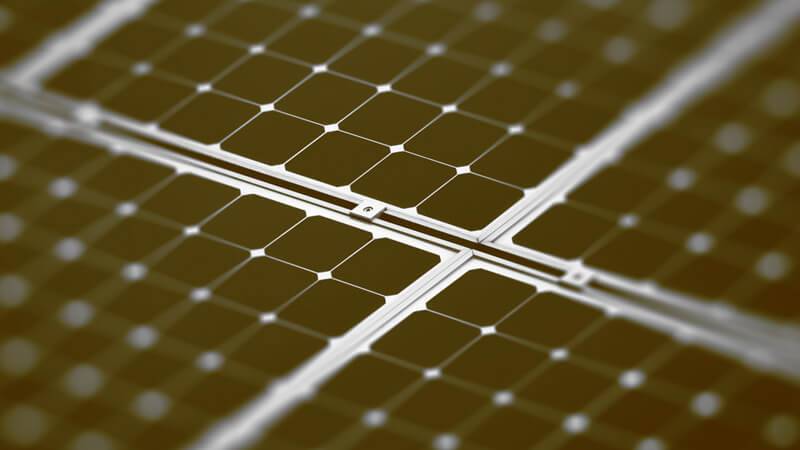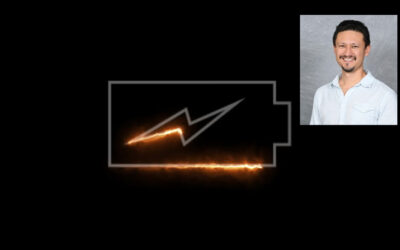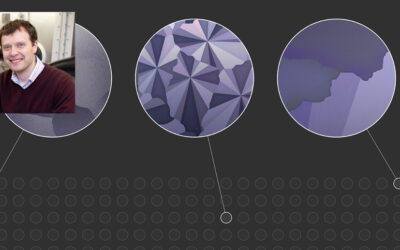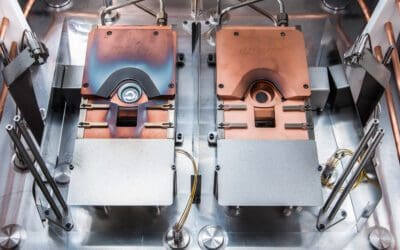Much hope is being thrust onto developing technologies that stand to change the foundations of how we interact with the world. From quantum computing and the interface between nano-materials and biological systems, to photonics (the manipulation of light particles), and novel energy harnessing. The scientists and engineers at Princeton, and other institutions like it, must be able to manipulate materials at the nano-scale, creating many samples and devices to test and evaluate, in order to come to breakthroughs in these fields. This is where we come in.
The Micro/Nano Fabrication Laboratory (MNFL) at Princeton University is part of the ivy-league school’s inter-disciplinary institute called PRISM, or the Princeton Institute for the Science and Technology of Materials. Multiple research groups use the facilities to conduct their research, and Angstrom Engineering plays a vital role in the fabrication of the thin films used by many of them, as 5 of our Physical vapor deposition (PVD) platforms are what make up the cornerstone of their deposition capabilities.
Joe Palmer
Joe Palmer is the operations manager of the MNFL and had the following to say about why their most trusted source for PVD equipment is Angstrom Engineering: “If you want someone to enjoy working with a piece of equipment, there are three things that must come together. First, the equipment must be able to be used with relative ease. I say ‘relative ease’ because some tasks are simply more difficult than others. Everyone would like a ‘push-button’ tool, but when your tasks vary wildly, it is not a realistic desire.
“While a compact car is going to be far easier to drive than an SUV, the design of the car dictates how difficult of a task it will be, making it so that one SUV is far easier to drive than a particular compact car. Angstrom has worked to make their equipment highly functional, but not overly complex to use.
“Second, the tool must be easy to fix. Putting together a tool, while not easy, takes place in ideal conditions. On the other hand, fixing that same piece of equipment in a full cleanroom bay can be just the opposite. The engineers at Angstrom actually think about how a customer is going to remove and fix (or replace) components in their tools.
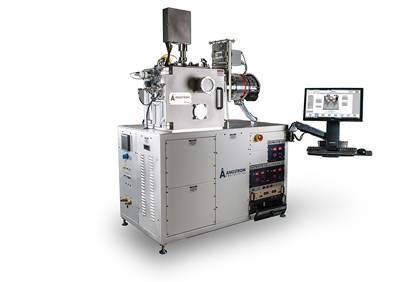
Partnering with world-improving institutions like Princeton’s PRISM, and the researchers that utilize it make it a pleasure to be in the business of creating and supporting our thin-film equipment.
